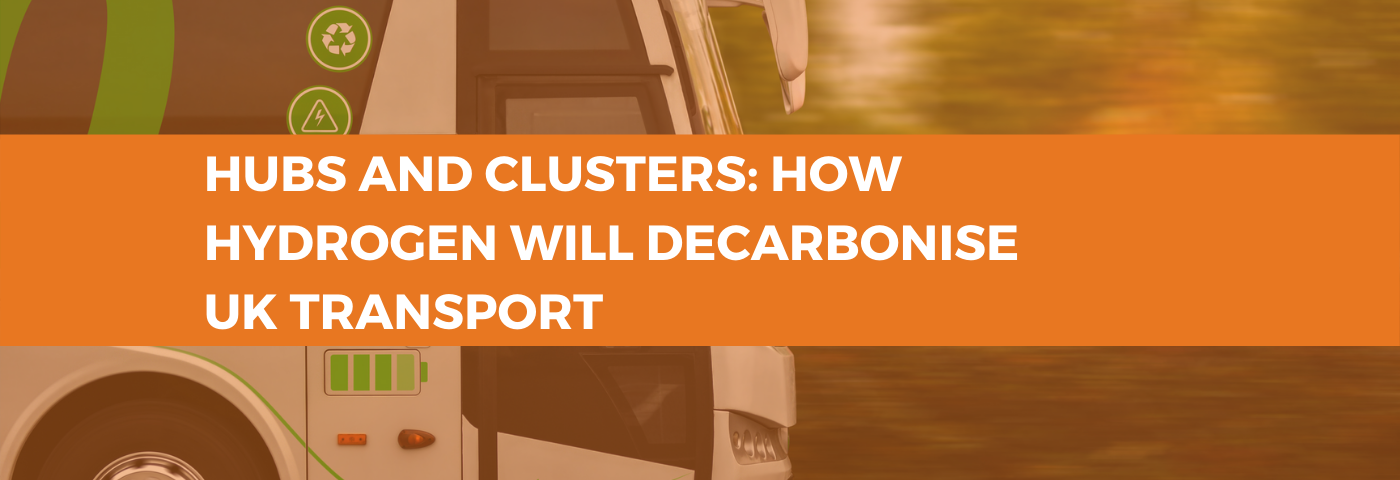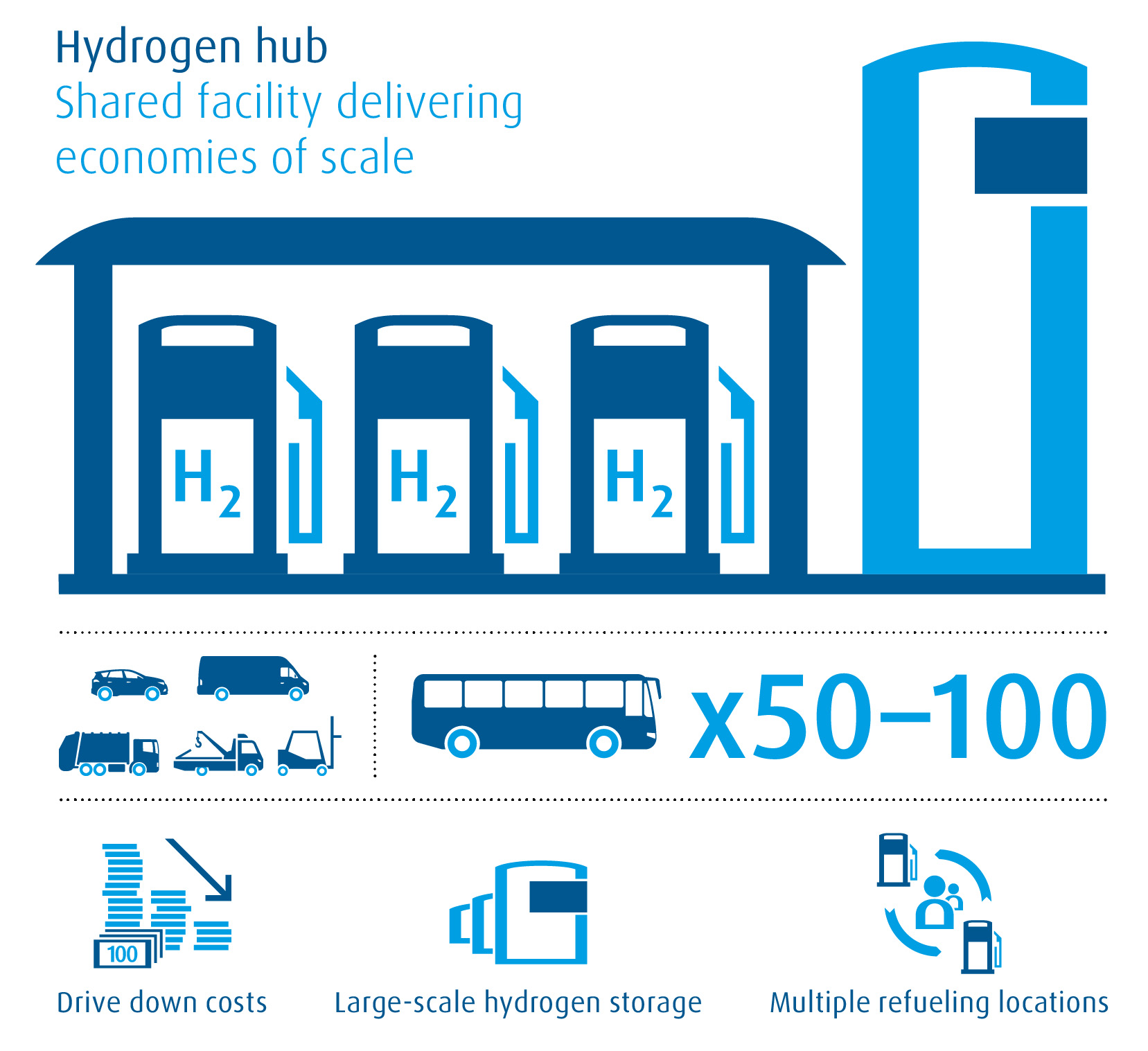Hydrogen as fuel: the potential and the challenge
By Mark Griffin, Hydrogen Market Development Manager for Clean Fuels, BOC
Hydrogen is set to play a major role in the UK’s energy system. It offers both flexible energy storage and emission-free transport fuel. But the price of green hydrogen must drop before hydrogen transport can really take off.
The problem is the old one of chicken and egg. For the price to drop, hydrogen must be produced and stored at scale. But production at scale is only feasible if there are enough customers. And finally (you guessed it) to attract enough customers the price must come down. So how do we get out of this fix?
Local authorities are taking the initiative
Hydrogen is ideal for larger vehicles, enabling them to travel long distances without frequent refuelling. City councils up and down the UK are already exploiting its potential as clean transport fuel.
Aberdeen City Council is expanding its existing fleet of hydrogen fuelled buses. Glasgow City Council aims to ensure all its vehicles are emissions free by the 2030. Liverpool City Region plans to use hydrogen to help achieve its 2040 zero emission target.
These city and city region authorities are accelerating the market growth for hydrogen-powered vehicles. But we must do more to enable hydrogen to compete on price with diesel.
The game changer: hydrogen hubs
Co-operation is key to bringing down the cost of clean hydrogen. Hydrogen hubs bring together a number of users to share a centralised hydrogen refuelling facility. Partners could include bus companies, logistics companies, supermarket delivery vehicles and more. A larger user base ensures regular demand for hydrogen, enabling councils to invest at scale. When cities can commit to fleets of 50-100 vehicles or more, the economics change dramatically. With sufficient demand, the hydrogen supplier may even fund and build the refuelling station.
The fuel of the future – today
This model has been tried and implemented successfully. Kittybrewster refuelling station in Aberdeen already provides affordable hydrogen for buses, vans, cars and service vehicles. BOC worked with Aberdeen City Council to develop, construct and operate the facilities.
The station opened in 2015 and was originally designed to refuel single-deck buses. In 2018 it was scaled up to offer public refuelling of cars and vans. In 2020, it started to refuel a new fleet of double deck buses. BOC adopts a modular approach to building facilities – specifically to enable this kind of expansion.
To meet the UK’s 2050 emission targets, we must accelerate adoption of hydrogen-fuelled zero-emission vehicles. City councils must work collaboratively, using funding models like that offered by BOC. As the number of hubs increase, they will form regional clusters of hydrogen refuelling stations. These clusters will unlock hydrogen’s huge potential as transport fuel across the UK and beyond.




